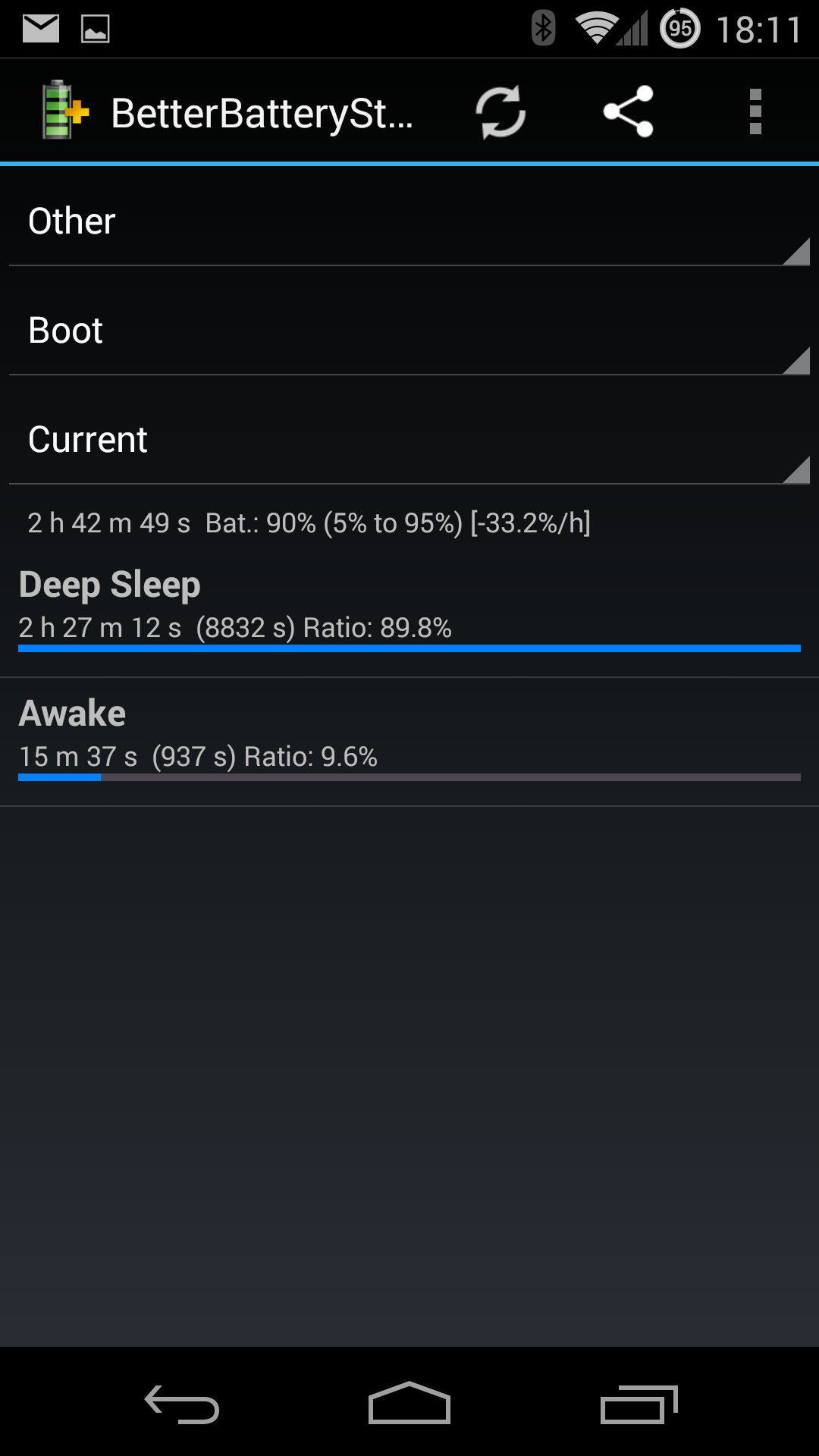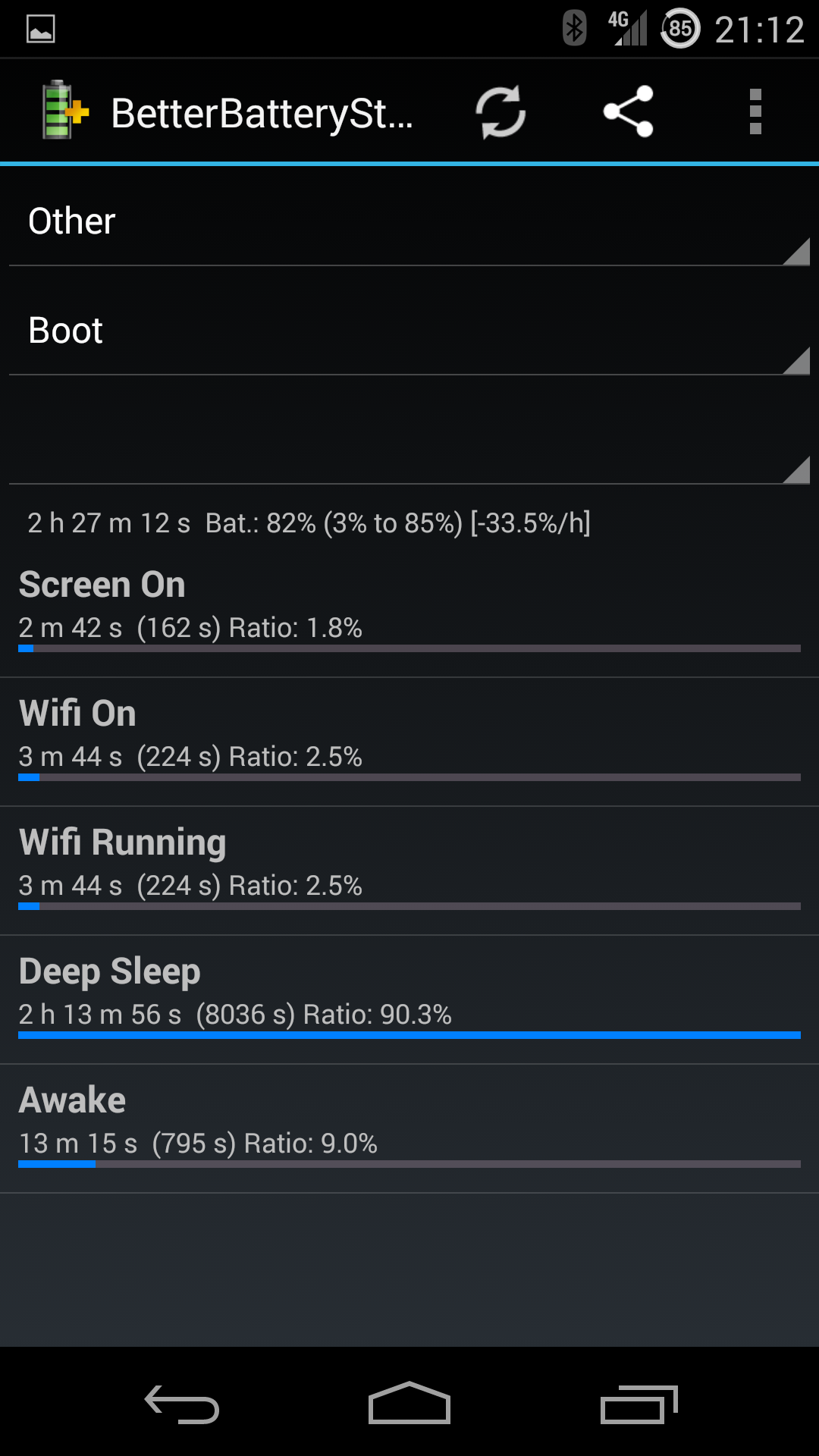RIP Robin Williams
I’m going to make this brief.
Rest in peace you wonderful man.

I’m going to make this brief.
Rest in peace you wonderful man.

For a while now, I’ve been slowly migrating my private data away from Google to a few self-hosted options. For file sync, I’ve used ownCloud - which comes with built in contact (CardDAV) and calendar (CalDAV) support.
On Android, I used DavDroid to sync my contacts to ownCloud. One thing that I missed the most moving from Google Contacts was that I could no longer create contact groups. It seems that the Almighty Goog in its ‘wisdom’ restricted the creation of groups ONLY to Google Accounts. This is one feature that I used heavily, and seems hotly requested for support in DavDroid. The problem was, Groups was a Google only thing. DavDroid recently supported groups, but you would get thwarted by Android.
I was discussing this with pulser on the #omnirom irc channel on FreeNode, and pointed this issue out - and that the DavDroid author thought it should be a simple fix within Android to make groups work on all account types. Less than an hour later, the patch was born AND tested. Less than 12 hours later, the patch was included in all currently shipping OmniROM nightlies.
Now, groups sync correctly - and can be edited from any source - the ownCloud web interface, Thunderbird or OmniROM - and sync perfectly between devices. All without giving your data to Google.
THAT is the power of open source software.
I’ve been looking at the latest release of RedHat Enterprise 7 and its ‘clone’ CentOS 7 recently.
Sum it up in a single word? DAFUQ? (is that technically one word?).
If you currently run EL6, for $diety’s sake, stay on it. There are so many problems at the moment that you are much better to stay well clear until the dust settles.
List of current issues:
This is just scratching the surface at the moment… There are many more gotchas just waiting to bite.
Recently, I’ve been looking at backup solutions to replace TSM. In my opinion, TSM is great for VERY large organisations, but versions beyond TSMv5 seem to be much more bloated than useful in smaller installs. There are a number of backup ‘solutions’ for Linux, however none seem to have a permanent and consistent state without doing various bits of magic.
I’ve moved all of this onto its own page so I can update things easier as the scripts evolve with feedback / ideas.
Recently I upgraded from my aging Samsung Galaxy S2 to a Google Nexus 5. Its a massive leap forwards in technology - and a very impressive upgrade. One of the biggest things I wanted to play with was wireless charging.
I found this Qi Universal Wireless Charger from the range at MobileZap.
The Nexus 5 uses the Qi wireless charging standard which uses unidirectional communication using backscatter modulation to talk to the charger at 2kbps. The charging ‘transmitter’ uses RF at 110kHz–205kHz and received by the Nexus 5 and turned into a suitable voltage to charge the battery.
Initial testing seems to show that both the wireless Qi charger and the wired micro USB charger BOTH charge at around the same rate (averaged over several tests at around 34% per hour).



As far as the actual charger goes - apart from having a UK power supply (19v 1A), the only thing I would improve on this charger is getting the blue LED that indicates that there is a device charging would turn off when the device was fully charged. The Qi charging spec supports this, but it doesn’t seem to be implemented in the charging plate.
I really am impressed with wireless charging. I always thought it would be a fad - however the amount of wear this saves the micro-usb port in devices fitted with wireless charging could almost pay for itself over the life of a device - its much cheaper to use a wireless charger than to get a USB port replaced on any kind of device!